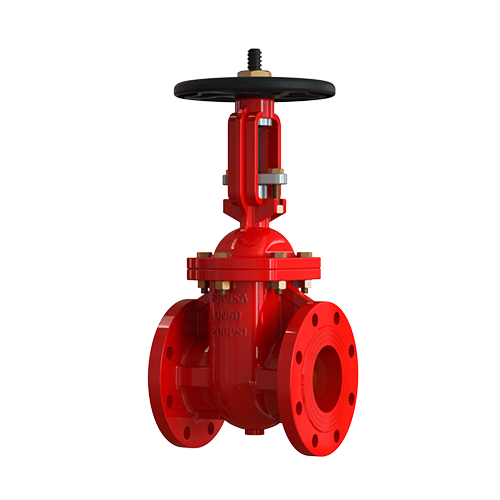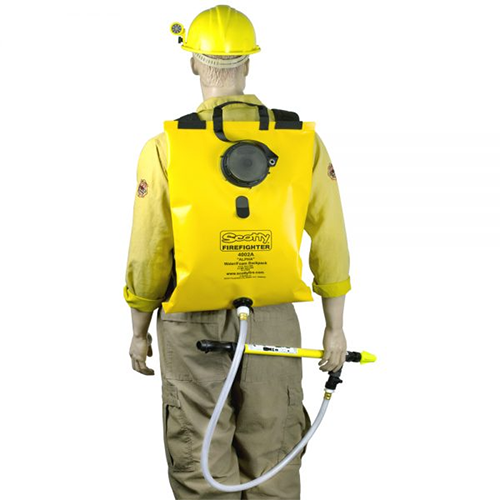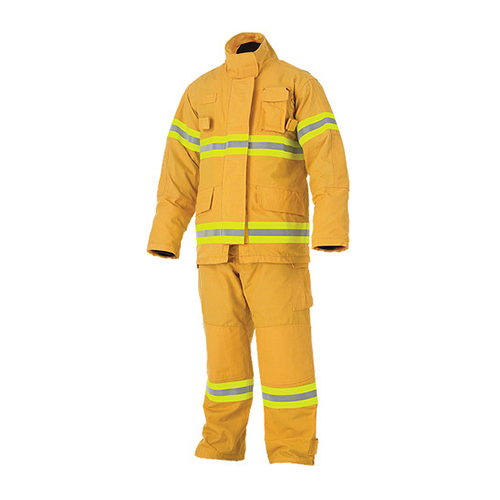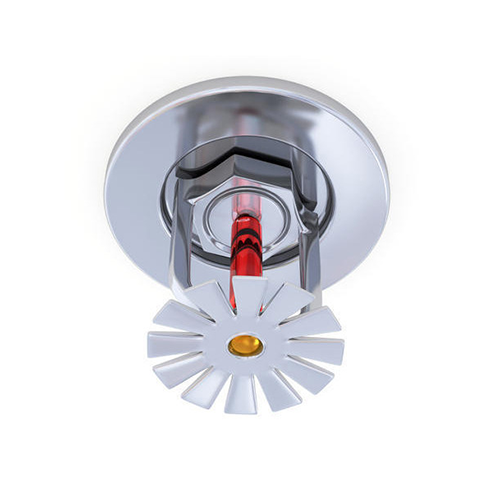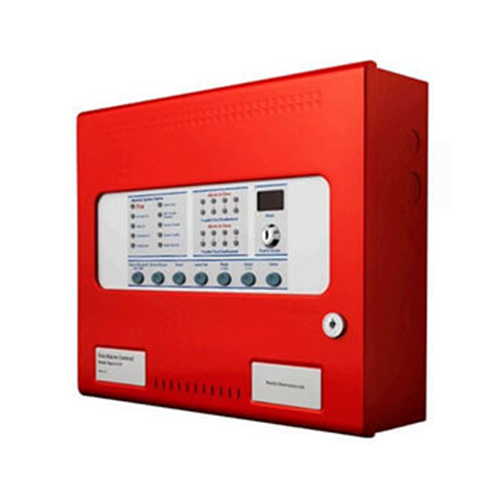Types of Fire Safety Valves:
- Alarm Check Valves:
- Description: Detects water flow in sprinkler systems and triggers alarms.
- Features: Includes a clapper valve and retard chamber to manage water flow and prevent false alarms.
- Pressure Relief Valves:
- Description: Releases excess pressure in fire suppression systems.
- Features: Adjustable pressure settings, prevents system damage due to overpressure.
- Deluge Valves:
- Description: Controls water flow in deluge fire sprinkler systems.
- Features: Activated by a fire detection system, allows rapid water discharge.
- Flow Control Valves:
- Description: Regulates water flow in fire suppression systems.
- Features: Ensures consistent pressure and flow rate, essential for balanced sprinkler operation.
Features of Fire Safety Valves:
- Durable Construction: Made from high-quality materials like brass, stainless steel, or ductile iron for longevity and reliability.
- Corrosion Resistance: Resistant to corrosion and wear, ensuring long-term functionality.
- Easy Operation: Designed for quick and straightforward operation in emergencies.
- Automatic and Manual Options: Available in both automatic and manual configurations to suit different system requirements.
- Pressure Regulation: Maintains optimal system pressure to ensure effective fire suppression.
- Backflow Prevention: Prevents contamination of the water supply by stopping backflow.
Benefits of Fire Safety Valves:
- Enhanced Safety: Ensures reliable operation of fire suppression systems, providing effective fire control.
- System Integrity: Maintains the integrity of the fire protection system by regulating pressure and flow.
- Compliance: Meets industry standards and regulatory requirements for fire safety systems.
- Minimal Maintenance: Requires low maintenance, reducing operational costs.
- Versatile Application: Suitable for use in residential, commercial, and industrial fire protection systems.
- Reliable Performance: Proven reliability in various fire suppression applications.
Applications of Fire Safety Valves:
- Commercial Buildings: Ensures the efficient operation of fire sprinkler systems in offices, malls, and hotels.
- Industrial Facilities: Provides robust fire protection in factories, warehouses, and processing plants.
- Residential Complexes: Enhances fire safety in apartment buildings and residential communities.
- Public Infrastructure: Essential for fire protection in schools, hospitals, and public transport facilities.

